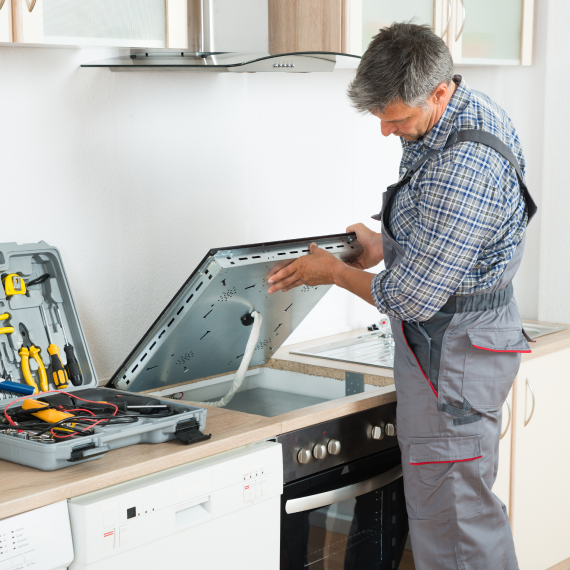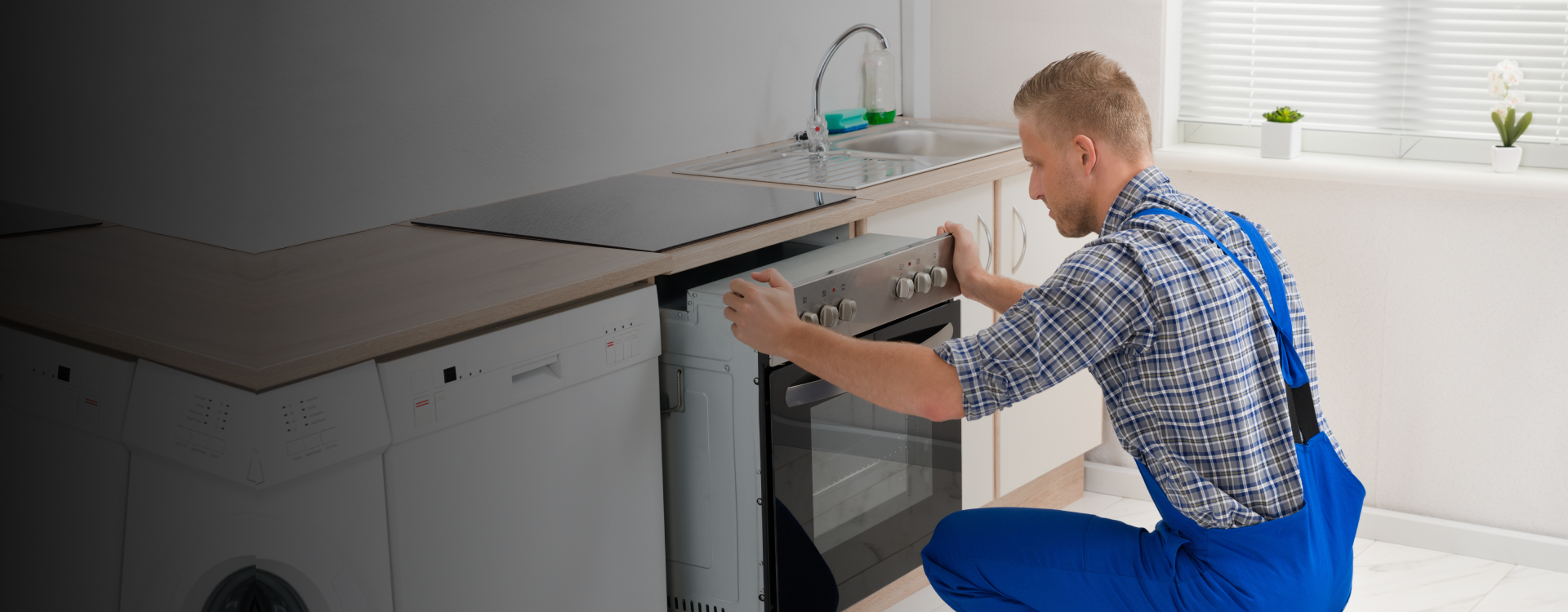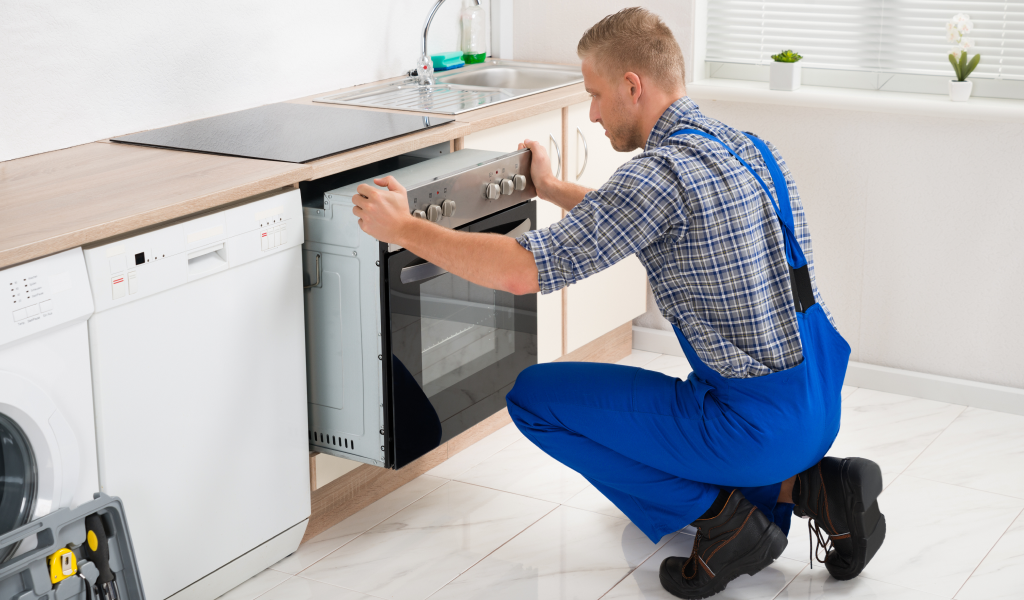Oven, Stove, And Range Repair / Gas / Electric SURREY, LANGLEY, DELTA, AND WHITE ROCK

Whether you have a traditional electric range, a gas range, a gas or electric cooktop, or a wall oven, there are many problems that can occur and leave you with an appliance that can’t be used to cook for your family. This is a significant inconvenience, especially if you are part way through preparing a meal, only to discover that the food has not actually been cooking! To return your kitchen to full function as quickly as possible, call Liberty Appliance repair for same day or next day oven, range, stove and cooktop repair in Surrey, Langley, Delta, and White Rock. There are many possible issues that can affect your oven, range, stove, or cooktop, leaving you with the inconvenience of trying to cook with alternative appliances.
COMMON OVEN, RANGE, AND STOVE PROBLEMS:
- Oven does not turn on or heat up
- Oven takes a very long time to heat up
- Touch pad is not working
- Display shows error codes (fault codes)
- You smell gas when using oven
- After self-clean and cool-down, door will not unlock
- Burners or cooktop not working
Whatever the problem, Liberty Appliance Repair technicians can figure it out and resolve it with quality repair work and factory certified parts. They are experts in diagnosing and repairing ovens, ranges, and stoves of all types, including:
- ELECTRIC STOVES / RANGES / OVENS / COOKTOPS
- GAS STOVES / RANGES / OVENS / COOKTOPS
- BUILT IN & SLIDE IN STOVES / RANGES / OVENS / COOKTOPS
Often, we can pinpoint the problem based on the symptoms of the appliance failure and complete the repair quickly, in a single visit, if we have the required parts in our well-stocked service van. For touch pad issues, however, if replacement of the touch pad is required, the part for your make and model will need to be ordered.
Read More
Why Choose Us

90-Days Warranty
Contact Us for more details

7 Days a Week Availability

Reliable, Experienced, and Certified Technicians

Efficient Scheduling and Helpful Customer Support

Same/Next Day Appointments for Quick Service
Liberty Appliance Repair offers home appliance repair and maintenance services across
and the surrounding areas.













